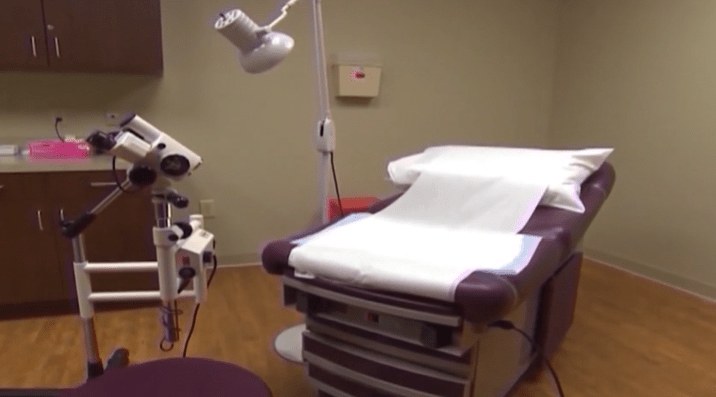
Ohio colleges could be banned from asking student pronouns on applications
COLUMBUS, Ohio (WCMH) — Ohio’s public universities could be banned from asking prospective students their preferred pronouns on applications if a new state house bill becomes law.
House Bill 686 was introduced this month to prohibit a state institution of higher education from using “any application for student admission that asks for, or contains a field in which an applicant may indicate, an applicant’s preferred gender pronouns.” Proposed by Rep. Gail Pavliga, R-Portage County, the legislation would also ban those institutions from asking any applicant for employment their pronouns.
Ohio State University and a dozen other public Ohio universities allow students to apply through the Common App, an online portal students can use to apply to multiple institutions. The portal includes an optional pronoun question where applicants can pick she/her, he/him, they/them or write in their own pronouns.
Some Ohio universities, like Bowling Green State University, has added a question to its Common App application that asks a student’s gender identity. The University of Cincinnati asks whether the prospective student is a member of the LGBTQ+ community.
Pavliga is introducing in the bill after several lawsuits have advanced in Ohio dealing with pronoun use in schools. A former Ohio middle school teacher alleged in a 2022 lawsuit she was told to resign for refusing to address two transgender students by their preferred names and pronouns.
The U.S. District Court for the Northern District of Ohio ruled in August that forcing the teacher to use students’ preferred names amounts to “compelled speech.” However, the court also decided the case must still go to trial to determine whether if the First Amendment protects her unwillingness to call the trans students by their preferred names.
Judges on the Sixth U.S. Circuit Court of Appeals rejected in July an argument by a national organization that claimed a central Ohio school district violated First Amendment rights by barring discrimination based on sexual orientation and gender identity. In a 2023 complaint, the nonprofit cited the district’s policy against misgendering, the act of referring to another person by using pronouns that do not align with their gender identity.
H.B. 686 has been assigned to the Ohio House Higher Education committee, where it could receive hearings open for public testimony.



